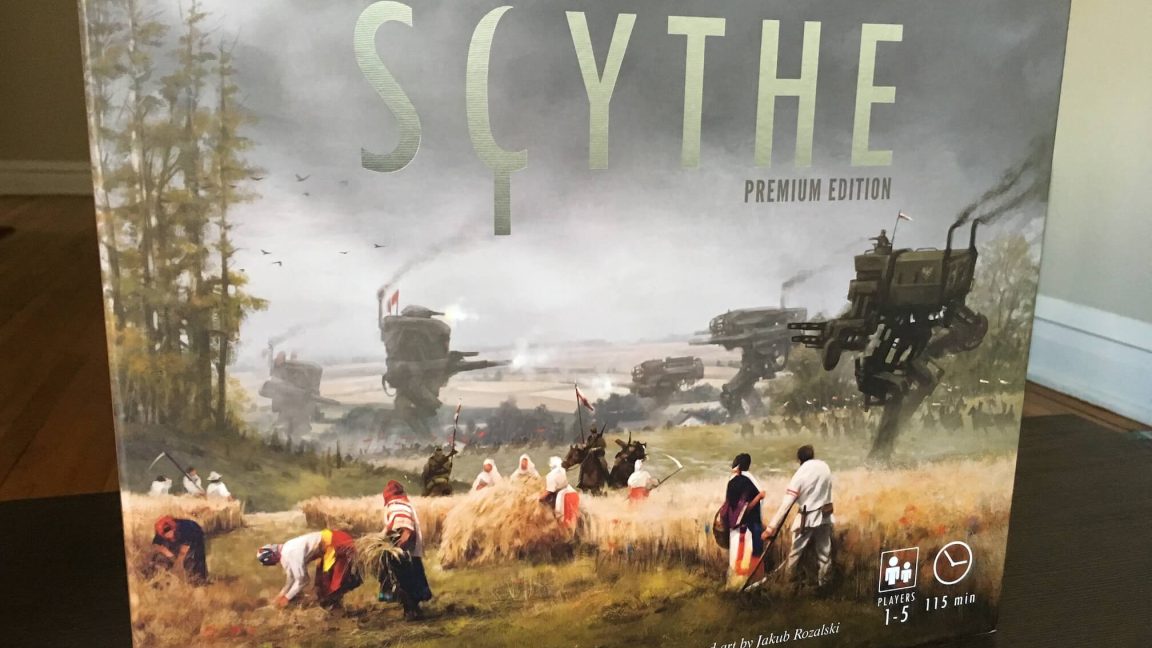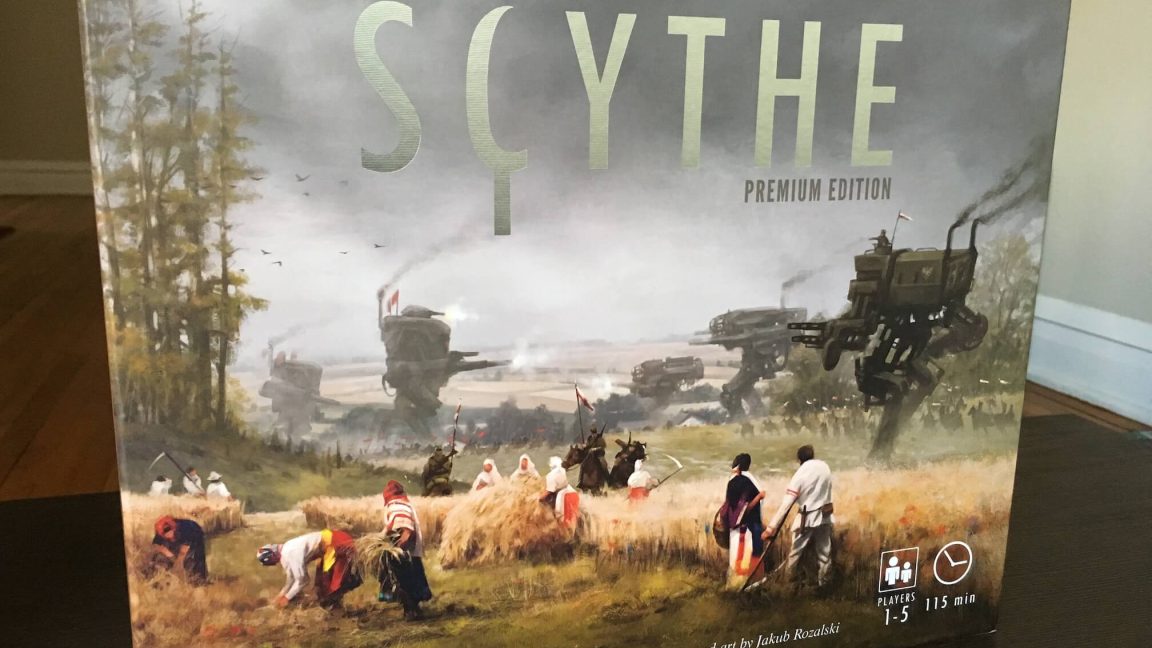Trump tariffs terrify board game designers
Trump tariffs terrify board game designers

Trump tariffs terrify board game designers

Trump tariffs terrify board game designers

Trump tariffs terrify board game designers

Isn't this, at least partly, a design issue? Game designers create their games without concern about the economical side of the problem. They create astounding little bits and pieces to make the game desirable but a lot of this could be simplified without sacrificing the mechanics. The dice are a prime example...
It's a lot like what happened in the video games and the rift that appeared between AAA games and indie developers.
A lot of the games I possess are beautiful but have a ludicrous amount of accessory stuff. Eventually it gets lost and replaced by coins and painted pieces of wood without making them worse.
I suspect that until now all these tidbits were a great way to justify the high price of the games.
No, and they should be designing their game to be exactly the way they want, with no consideration for psycho governments whatsoever.
There are many people for whom the nice bits and pieces enhance their enjoyment of the game. I'm certainly one of them. I know others who take it a step further and will buy games just because they're pretty / cute / whatever. It's not a design issue, it's appealing to a larger market.
If you're "appealing to a larger market" by making the game so expensive that only a few can afford it, are you really getting a larger market? Or are you just deciding you want to cater to rich folk?
I'm with @drolex here. I think it may be time for board/card/whatever game designers to return to basics: making games that people play, not the board game equivalent of a coffee table book.
*tarify
(Sorry, couldn't resist)
Terrified of being tariffied.
That stinks...
Scyte is 90€ but if I printed it all at home (printer+3d printer) it would probably be 20€. A rough version of it, sure, but 20€.
Make it serial in a factory.
You're only considering material cost, not time cost of employing someone to operate the machines. Also your system is not really scalable - it would take a long time per unit, making the labour cost even more significant per unit. There's also R&D, distribution, marketing, etc. all before any profit is made. Also, as you mention, the quality of 3D printed pieces would be much poorer.
Quite a few publishers have written about their costs and how the tariffs impact them. The actual cost of a $90 game is something like $15, and the rest is labor, distribution costs, and profit. I personally think the distribution costs are way too high and could stand to drop a lot, but I don't know the details well enough to comment. Regardless, there's no reasonable way to drop the manufacturing costs significantly.